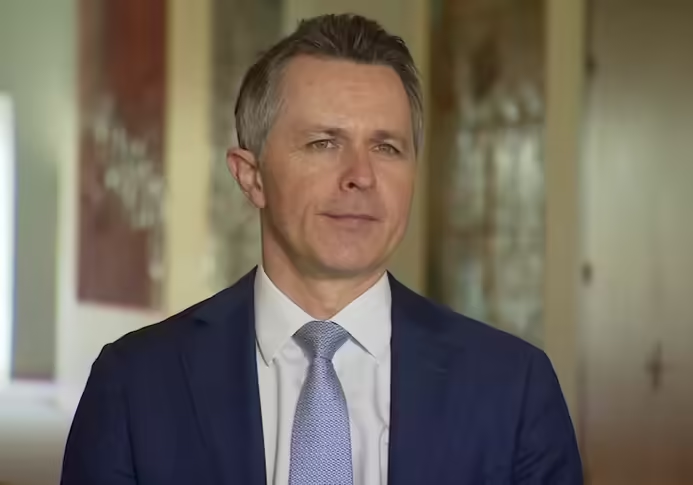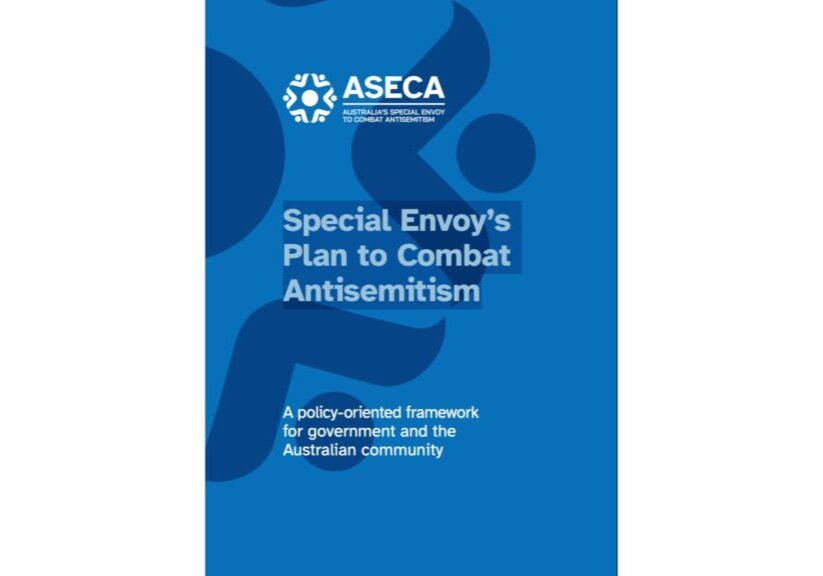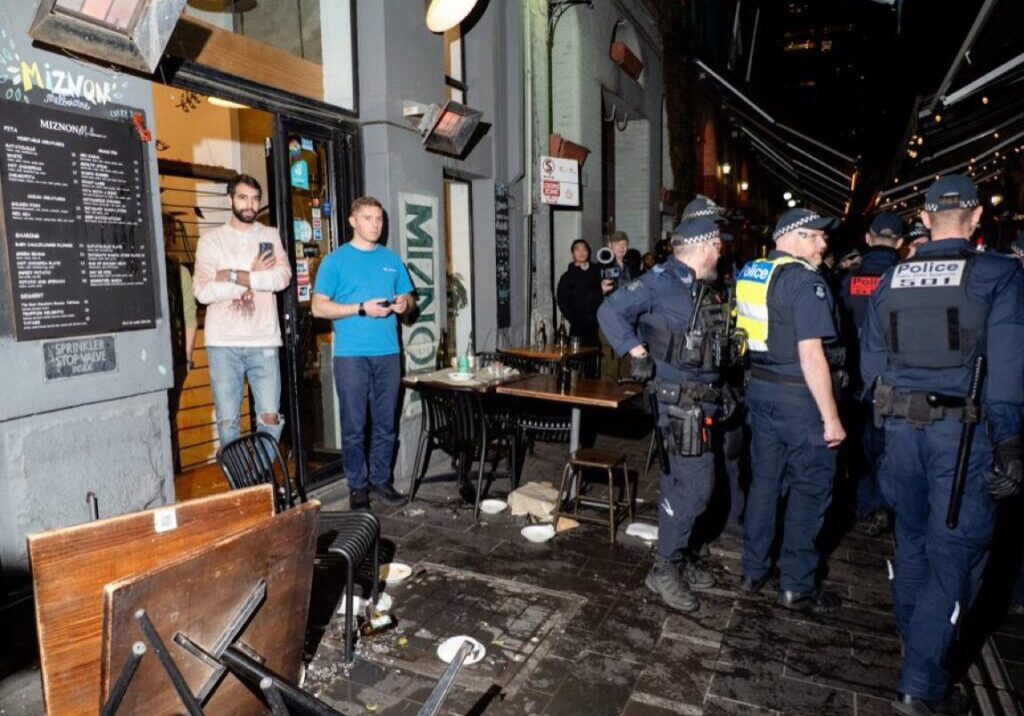Australia/Israel Review
AIR New Zealand: Grave Matters
Jan 1, 2008 | Miriam Bell
Miriam Bell
Grave Matters
In October, a Jewish cemetery in Wellington was desecrated. Again. Like many Jewish New Zealanders, when I heard about the latest attack I had a sad sense of déjà vu. This sort of thing should not, and is not meant to, happen in our “fair go for all”, egalitarian country. But it does. And, often, few Kiwis ever even hear about such incidents.
When two Jewish cemeteries in Wellington (the Bolton Street and Makara cemeteries) were desecrated three years ago there was extensive media coverage of the incidents. Local filmmakers Dan Shanan and Alex Lee made a documentary, Makara on Makara, about them; the New Zealand Parliament passed a unanimous resolution condemning the acts; and the country’s human rights commissioner Joris de Bres established the “New Zealand diversity action program.”
This time around, the desecration of six graves in the Karori Cemetery with antisemitic and anti-Israel graffiti attracted little attention either from politicians or from the media. The graffiti itself indicated the attacks were inspired by an article about the new Israeli Ambassador Yuval Rotem, which had been published in Wellington’s Dominion Post newspaper several days before.
The front-page article, by Hank Schouten, was supposedly a comprehensive interview with Canberra-based Rotem. But the story actually centred on Rotem’s well-intentioned casual aside that he would like to improve relations and understanding between Israel and New Zealand by employing a Maori in his office. Schouten and the Post focused on what Rotem doubtlessly thought was an innocuous casual comment, titling the article “I need a Maori”, and quoted de Bres on Kiwi anti-discrimination laws.
The Karori Cemetery graves were all defaced with vivid blue paint. As well as more typical antisemitic phrases like “Hitler RIP”, “Rot you filth” and “Juden swine”, the grave-vandals had written phrases like “Terror State Israel Burn”, “Schouten – Rotem is ZIONIST PIG” and “DE BRES YOU SWINE – OUT”.
Wellington Regional Jewish Council Chairman David Zwartz later told the New Zealand Jewish Chronicle that while previous desecrations had focused on Jews alone, the Karori attack also targeted Schouten, de Bres and Israel. To his mind, this showed a direct connection to the Dominion Post article.
Zwartz said he was disappointed that Schouten had made a throwaway line at the end of a long interview the focus of his article, especially as someone had clearly read it with malicious interest and acted in response. He also said it was ironic Schouten and de Bres were attacked in the graffiti, but that the article itself was “symptomatic of a general negative New Zealand media attitude toward Israel, in that what was an unwittingly inappropriate suggestion by the Ambassador became a calculatedly critical article from the Dominion Post.”
However, the attacks’ lack of coverage cannot be blamed on the mainstream media. The Wellington Hebrew Congregation Chevra Kadisha had decided not to publicise the attack for fear of prompting copycat incidents or gratifying the perpetrators.
This was not the first time the desecration of a Jewish cemetery and/or grave(s) had not been publicised. Over the last four years I’ve heard of two attacks on the Jewish sections of Auckland cemeteries, and received several reports about defaced Jewish gravestones around the country. Few of these incidents have become public knowledge and the reasons have tended to be the same as those in the Karori case.
Many in the New Zealand Jewish community are not happy with such decisions. For example, Auckland Hebrew Congregation President John Barnett recently said (of the Karori attack) that he did not agree with the decision to not inform the media.
In his congregation’s magazine, Kesher, Barnett said it is critical that the Jewish community stands up for itself and does not paint itself as victims in the minds of the public. “If we feel outraged by these senseless and stupid acts of antisemitism, I think we need to tell everyone exactly how we feel. We need to publicise our feelings… because it is the mark of a mature society to deal with these things and not cover them up.”
Two weeks after the Karori desecration was discovered, the Wellington Regional Jewish Council decided that, because of the clear links to the Dominion Post article, the vandalism warranted wider attention. The attack was then reported in the New Zealand Jewish Chronicle and several overseas publications. However, apparently it was too late to warrant attention in the mainstream Kiwi media.
At this point, De Bres offered the Human Rights Commission’s “sympathy and solidarity” to the Jewish community in Wellington and elsewhere. He too said the Karori attack was directly attributable to the Dominion Post article and that, while he would not deny the newspaper’s freedom to publish the story, the fact that it evoked such a deplorable response should give pause for thought. These comments were not picked up by most media.
Unfortunately, the Human Rights Commission does not tend to collect information about ethnicity and/or religious belief from its complainants – which makes it difficult to ascertain what the rate of antisemitic incidents actually is. However, de Bres recently surmised that the majority of New Zealanders are pretty tolerant. “We’ve got a section of the community who are undoubtedly intolerant, but I think it’s a small percentage.”
Yet, perhaps if all the incidents of Jewish cemetery and/or grave desecration – not to mention other antisemitic occurrences – were publicised, it would be easier to establish whether or not antisemitism is indeed growing as a problem in New Zealand.
Tags: Antisemitism, New Zealand






